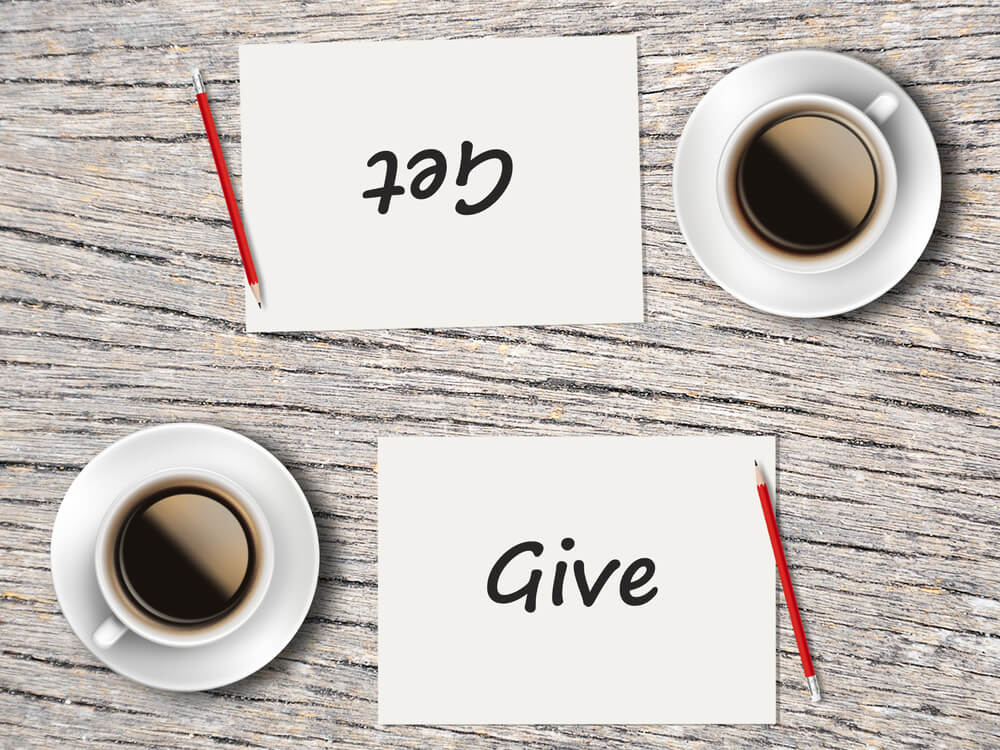


After registering to attend a writer’s conference, I began to see a thread of emails land in my inbox about the upcoming event. An inexperienced traveler emailed this question to the group: “Would someone familiar with the Dallas-Fort Worth Metroplex tell me about the advisability and ease of getting from Love Field to the Hyatt Hotel at the DFW airport for the conference?”
Within an hour, the person had 3 responses. Two were extremely detailed, identifying four options for the fellow conference-goer: Super Shuttle, the DART train, taxi, and Uber. The email included links to all websites to purchase tickets, along with approximate costs, and information about where to change trains in the case of DART.
The other respondent had supplied equivalent information—and offered to stop by Love Field to pick up this stranger to accompany her to the conference “if her flight times worked” with her plans.
What do you think the chances would be if either of these respondents later asked this newbie for a favorable comment on their next book? (I’m certainly NOT saying that was their motivation in extending help. These were obviously just nice people.) But I am saying that it would be difficult to turn someone down for a favor who has gone out of their way to help.
Robert Cialdini, in his classic book Persuasion, identified reciprocity as one of his six principles of persuasion. By far, it’s the most compelling.
To get, give. I seldom see the strategy fail.
In the dozens of studies I reviewed for my book What More Can I Say? Why Communication Fails and What to Do About It, I noted how frequently retailers use this principle:
–free bottles of water to shoppers?
–free appetizers to diners having to wait in line for a table?
–free snacks at Happy Hour to hotel guests?
–valet service if you shop at their mall?
–free newspapers with your limo ride?
But you don’t need to be in business at all to understand that resolving a conflict, selling an idea, soliciting cooperation among peers, or negotiating of any kind involves giving something to the other person.
To receive is to feel compelled to reciprocate.